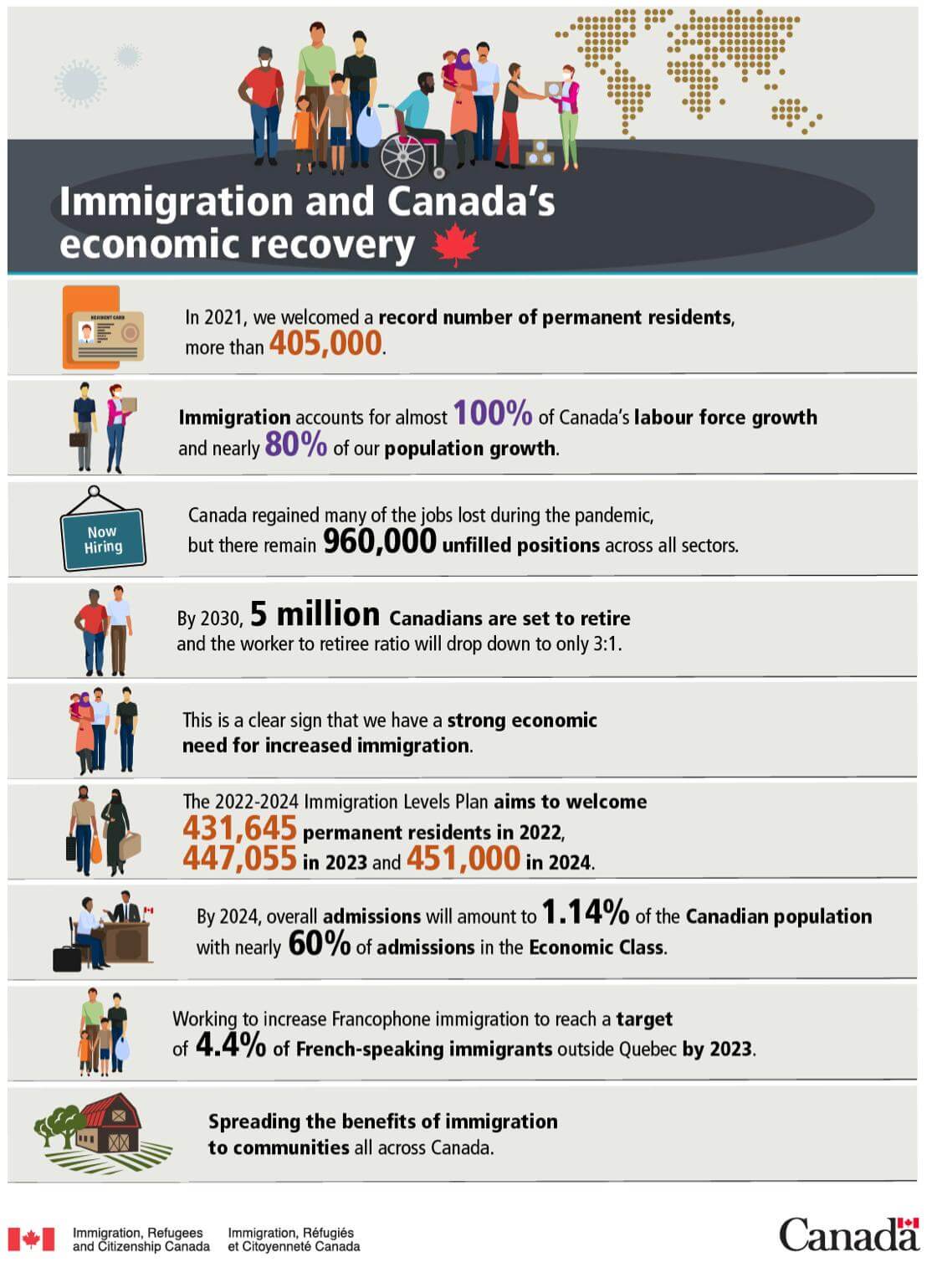
Five Most Common Types Of Work Permits That Don’t Need An LMIA
A foreign worker will need a Work Permit in order to be able to work in Canada unless they fall under an LMIA exempt category. Hiring a Foreign Worker with an LMIA is done under the Temporary Foreign Worker Program (TFWP).
The International Mobility Program (IMP) on the other hand, allows Employers to be able to hire foreign workers without the need of an LMIA- thereby saving them a lot of time and resources.
While there is a list of LMIA exempt categories of work permits, here is a list of some common ones:
1. Postgraduate Work Permit: Students who completed a program of study of at least 8 months duration, full time from an eligible institution may be able to get an open work permit of up to 3 years duration depending on the duration of their studies. A one-year program can make them eligible for a 1-year study permit while a two-year Study in Canada can make them eligible for a three-year permit. In this duration, the worker is able to be employed in almost any kind of job in Canada- which may or may not be related to their program of study or past experience.
2. International Experience Canada (IEC): Young individuals who are citizens of certain countries can apply for IEC Work Permit and may work in Canada without the need of an LMIA. This is intended for such individuals to be able to work while they are traveling in Canada. Three major types of IEC Work Permits are Working Holiday, Young Professionals, and International Co-op. Some countries, whose citizens can apply for this kind of permit are Australia, New Zealand, Germany, the UK, Switzerland, France, Ireland, Korea, Japan, Hong Kong, and more.
3. Spouse Open Work Permit (spouse of an International Student or Foreign Worker in Canada): Spouses of Students or Workers in Canada can apply for a Spouse Open Work Permit to be in Canada and accompany the student (C42) or Worker (C41). If the primary spouse is a student, they must be enrolled in full-time studies in Canada. If the primary spouse is a worker, they must be employed in a skilled occupation in Canada, in order for their spouse to be eligible for this kind of work permit. This is also an open work permit category, wherein the spouse can be employed in almost any job in Canada. This kind of work permit may be applied for along with the primary spouse’s study/ work permit (concurrent application) depending on individual circumstances.
4. Intra-company Transfer: An employee of a company outside Canada, may be granted a work permit to be able to work in Canada, in a parent/ subsidiary, or a branch of their outside- Canada employer. The relationship between the company outside Canada and the entity in Canada, along with the ownership and control structures of the two companies are key in determining eligibility under this program. A work permit along with extensions of up to five or seven years may be given on the basis of the work projects in Canada.
5. Work Permits under International Agreements or Arrangements: A number of countries have such agreements with Canada which allow professionals who have a job offer in specific occupations to be able to work in Canada and be granted a Work Permit without the need of an LMIA. The NAFTA/ USMCA/ CUSMA is one such agreement.
Applicants: Talk to us today to discuss these or other LMIA exempt Work Permit categories that may apply to you.
Employers: Skip the hassle of having to go through the LMIA process, if the employee you seek to hire qualifies under one of these categories
Image Source: https://www.freepik.com/




